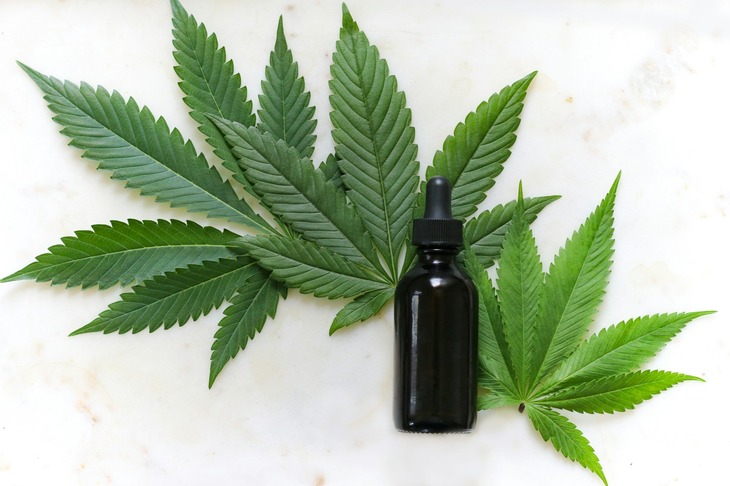Delving into Missouri’s medical marijuana program, this article offers an in-depth exploration of the costs associated with obtaining a medical card in Missouri. From understanding the program’s history and regulations to navigating the application process, we provide a comprehensive overview.
Additionally, we analyze the upfront expenses, such as application and doctor consultation fees, and examine ongoing costs like renewal fees and purchasing medical marijuana products from licensed dispensaries. By shedding light on these financial aspects, individuals can gain a clearer understanding of the financial commitment required to access medicinal cannabis within Missouri’s healthcare framework.
Understanding the Medical Marijuana Program in Missouri
Missouri’s medical marijuana program is a progressive initiative that traces its roots back to legislative action. Established to offer relief to individuals suffering from debilitating conditions, the program has evolved through careful regulation. Patients seeking access to medical marijuana must navigate a structured framework that governs cultivation, distribution, and usage.
To qualify for a medical card, individuals must have a qualifying medical condition and provide requisite documentation. This comprehensive approach ensures that those in need can obtain legal access to medicinal cannabis, marking a significant step forward in Missouri’s healthcare landscape.
Navigating the Application Process and Associated Costs of the Medical Marijuana Program in Missouri
To apply for a medical card in Missouri, individuals must first visit a licensed physician to obtain a certification for a qualifying medical condition.
Next, they must register online with the Missouri Department of Health and Senior Services (DHSS) and submit their certification along with personal information and a recent photo. The application fee varies depending on whether the applicant is a patient or caregiver, ranging from $25 to $100. Additionally, patients must provide proof of Missouri residency and, if applicable, documentation of Medicaid or Supplemental Security Income (SSI) enrollment for fee reductions. Upon approval, the medical card is issued, granting legal access to medical marijuana.
Financial Implications: Application Fees vs. Recurring Expenditures

Photo by Kimzy Nanney on Unsplash
The upfront costs of obtaining a medical card in Missouri typically include application fees, which range from $25 to $100, along with potential expenses for doctor consultation fees. These initial investments are essential for accessing legal medical marijuana.
However, they may pale in comparison to ongoing expenses for purchasing medical marijuana products from licensed dispensaries. The cost of these products varies depending on the type, quantity, and potency desired, and can add up over time. Thus, while there are upfront costs associated with obtaining a medical card, patients must also consider the long-term financial commitment required to sustain their treatment regimen.
Exploring Financial Aid and Cost-Reduction Strategies
Patients facing financial constraints in Missouri can explore various assistance programs and discounts tailored to their needs. Some dispensaries offer financial assistance programs, providing discounts or reduced prices for qualifying patients.
Additionally, patients may benefit from tax exemptions or deductions on medical marijuana purchases, depending on local regulations. Those enrolled in Medicaid or Supplemental Security Income (SSI) may also be eligible for fee reductions when applying for a medical card. By leveraging these resources, individuals can alleviate the financial burden associated with accessing medical marijuana, ensuring equitable access to therapeutic relief.
Supplementary Costs: Consultations, Renewals, and Dispensary Acquisitions
In addition to the initial costs of obtaining a medical card, patients in Missouri may encounter various ongoing expenses. Follow-up doctor consultations are often necessary to assess treatment progress and adjust medication plans, incurring additional consultation fees.
Moreover, patients must renew their medical cards annually, which involves paying renewal fees to maintain legal access to medical marijuana. Furthermore, the cost of purchasing medical marijuana products from licensed dispensaries constitutes a significant ongoing expense, with prices varying depending on product type and potency. Thus, individuals must budget for these additional expenses to ensure continuous access to the therapeutic benefits of medical marijuana.
As you conclude this exploration of Missouri’s medical marijuana program, you’re now equipped with a detailed understanding of the costs associated with obtaining a medical card. From application fees to ongoing expenses, you’ve gained insight into the financial commitments required to access medicinal cannabis.
Remember, while navigating these costs may seem daunting, the potential benefits to your well-being may be immeasurable. By proactively managing these expenses and planning accordingly, you can embark on your journey towards relief with confidence and clarity. With a clearer understanding of the financial landscape, you’re empowered to make informed decisions as you navigate Missouri’s evolving healthcare system.
Featured image by Esteban López on Unsplash
